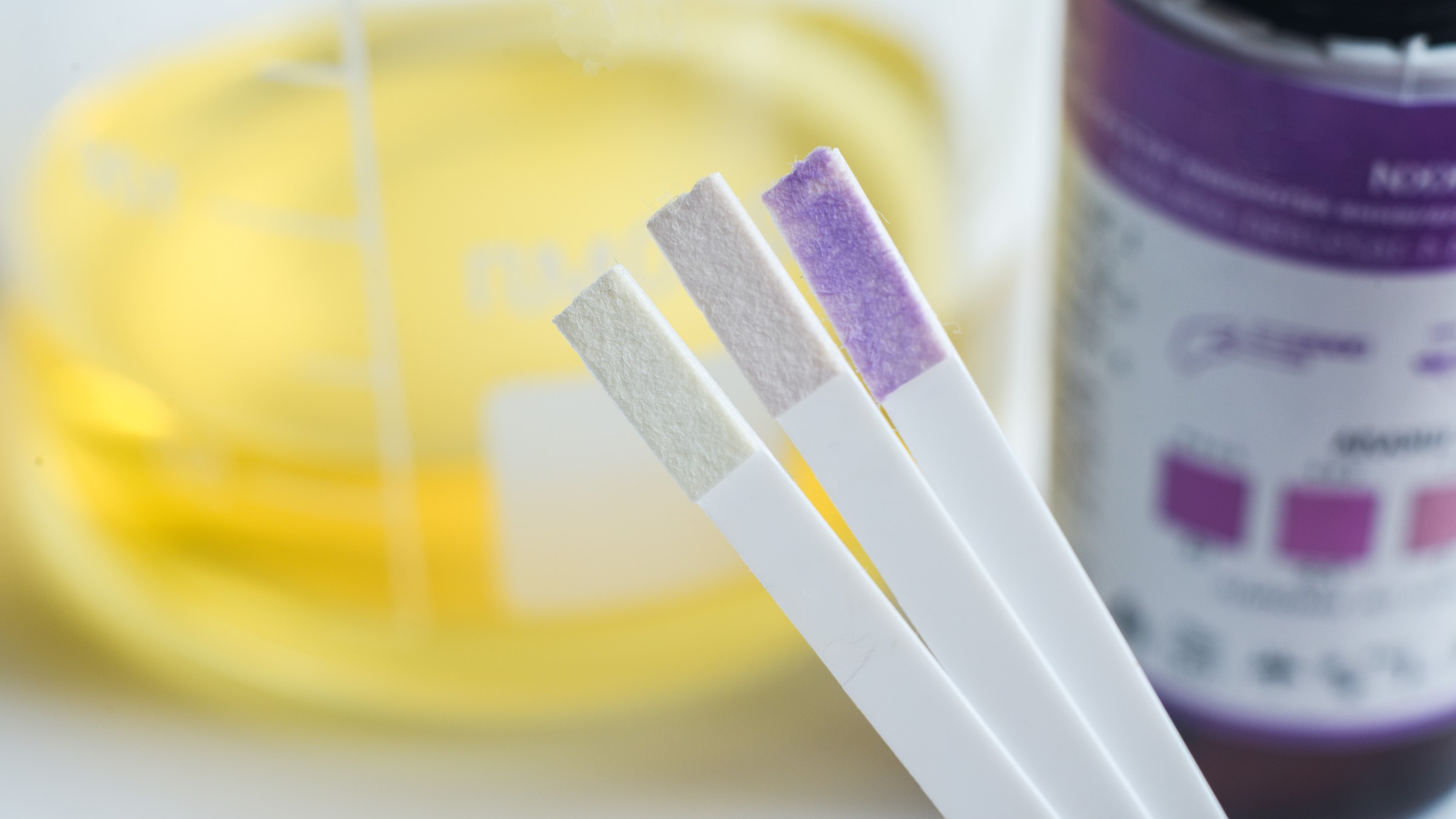
Amphetamine testing plays a crucial role in various settings, from workplaces to medical facilities. But what exactly is it? Amphetamine testing detects the presence of amphetamines, a class of stimulant drugs, in the body. These tests can be conducted using different samples like urine, blood, saliva, or hair. Why is amphetamine testing important? It helps ensure safety, compliance with laws, and proper medical treatment. How accurate are these tests? Modern methods are highly reliable, but false positives can occur due to certain medications or foods. Who needs amphetamine testing? Employers, healthcare providers, and legal authorities often require it to maintain a safe and lawful environment.
What is Amphetamine Testing?
Amphetamine testing is a method used to detect the presence of amphetamines in the body. These tests are crucial for various reasons, including medical diagnosis, employment screening, and legal purposes. Here are some interesting facts about amphetamine testing.
- Amphetamines are stimulants that affect the central nervous system, increasing alertness, concentration, and energy levels.
- Commonly tested in urine, amphetamines can also be detected in blood, saliva, and hair samples.
- Urine tests are the most popular due to their non-invasive nature and ability to detect recent use.
- Hair tests can detect drug use over a longer period, sometimes up to 90 days.
- Saliva tests are less invasive than blood tests and can detect recent drug use within a few hours to a couple of days.
Why is Amphetamine Testing Important?
Understanding the importance of amphetamine testing helps us appreciate its role in various fields. From ensuring workplace safety to aiding in medical treatments, these tests serve multiple purposes.
- Workplace safety is a major reason for amphetamine testing, as it helps employers ensure that employees are not under the influence while performing their duties.
- Medical professionals use these tests to diagnose and monitor patients who may be abusing amphetamines or using them as part of a treatment plan.
- Law enforcement agencies often require amphetamine testing for individuals involved in criminal activities or those on probation.
- Sports organizations use testing to ensure athletes are not using performance-enhancing drugs.
- Rehabilitation centers rely on testing to monitor patients’ progress and ensure they are staying clean.
How Does Amphetamine Testing Work?
The process of amphetamine testing involves several steps, from sample collection to analysis. Each method has its own procedure and accuracy levels.
- Sample collection is the first step, where a sample of urine, blood, saliva, or hair is taken from the individual.
- Initial screening tests are usually immunoassays, which are quick and cost-effective but may produce false positives.
- Confirmatory tests, like gas chromatography-mass spectrometry (GC-MS), are more accurate and used to confirm positive results from initial screenings.
- Cut-off levels are established to determine what concentration of amphetamines constitutes a positive result.
- Chain of custody procedures ensure that the sample is not tampered with and that the results are reliable.
What are the Detection Windows for Amphetamines?
The detection window refers to the period during which amphetamines can be detected in the body after use. This varies depending on the type of test used.
- Urine tests can detect amphetamines for 1-4 days after use.
- Blood tests have a shorter detection window, usually up to 12 hours after use.
- Saliva tests can detect amphetamines for 1-2 days after use.
- Hair tests have the longest detection window, capable of detecting drug use for up to 90 days.
- Factors like metabolism, frequency of use, and dosage can affect the detection window.
What are the Limitations of Amphetamine Testing?
While amphetamine testing is useful, it is not without limitations. Understanding these can help in interpreting test results accurately.
- False positives can occur, especially with initial screening tests.
- Certain medications and foods can interfere with test results, leading to false positives or negatives.
- Testing methods vary in sensitivity, with some being more accurate than others.
- The detection window is limited, meaning recent use is easier to detect than long-term use.
- Privacy concerns may arise, especially in workplace or legal settings.
How to Prepare for an Amphetamine Test?
Preparation for an amphetamine test can help ensure accurate results. Knowing what to expect can also reduce anxiety.
- Avoiding certain medications and foods that may interfere with the test is advisable.
- Staying hydrated can help with urine sample collection.
- Following instructions carefully ensures that the sample is collected and handled properly.
- Informing the tester of any medications or supplements being taken can help interpret the results accurately.
- Being honest about drug use can lead to better medical or legal outcomes.
What Happens After an Amphetamine Test?
After the test, the results are analyzed and interpreted. This process can vary depending on the context in which the test was conducted.
- Initial results are usually available within a few hours to a couple of days.
- Confirmatory tests take longer, often a few days to a week.
- Positive results may require further action, such as medical evaluation or legal consequences.
- Negative results are usually straightforward, indicating no recent amphetamine use.
- Employers or legal authorities may have specific protocols for handling test results.
What are the Legal Implications of Amphetamine Testing?
Amphetamine testing can have significant legal implications, especially in the context of employment and criminal justice.
- Employment laws vary by country and state, affecting how test results can be used.
- Positive test results can lead to job termination or disqualification from certain positions.
- In legal settings, test results can be used as evidence in court cases or probation hearings.
- Privacy laws protect individuals, ensuring that test results are handled confidentially.
- Legal challenges can arise if the testing process is not conducted properly or if results are disputed.
Final Thoughts on Amphetamine Testing
Amphetamine testing plays a crucial role in various settings, from workplaces to medical facilities. Understanding the different types of tests, such as urine, blood, and hair, helps in choosing the right method for accurate results. Knowing how long amphetamines stay in the system can aid in interpreting test outcomes. It’s also essential to be aware of factors that can affect test results, like metabolism, dosage, and frequency of use. False positives, though rare, can occur, so confirmatory tests are often necessary. Staying informed about the latest advancements in testing technology ensures more reliable and quicker results. Whether you’re an employer, healthcare provider, or someone undergoing testing, this knowledge empowers you to make better decisions. Amphetamine testing isn’t just about detecting drug use; it’s about promoting safety, health, and well-being in our communities.
Was this page helpful?
Our commitment to delivering trustworthy and engaging content is at the heart of what we do. Each fact on our site is contributed by real users like you, bringing a wealth of diverse insights and information. To ensure the highest standards of accuracy and reliability, our dedicated editors meticulously review each submission. This process guarantees that the facts we share are not only fascinating but also credible. Trust in our commitment to quality and authenticity as you explore and learn with us.


